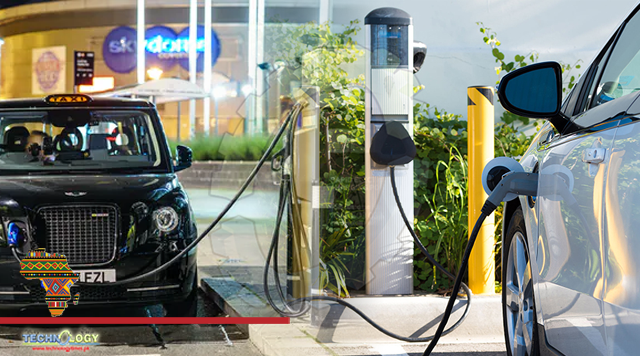With international markets increasingly moving towards green tech, the time has come for SA, the Western Cape in particular, to carve out a space within the market.

By Simnikiwe Mzekandaba
So says Deidré Baartman, Democratic Alliance (DA) Western Cape spokesperson on finance, economic opportunities and tourism, placing the province as frontrunner in the budding green tech economy.
Baartman’s comments come on the back of the Department of Trade, Industry and Competition’s green paper on the advancement of new electric vehicles (EVs) and battery-electric vehicles (BEVs) in SA.
After years-long talks with local vehicle manufacturers on providing support for import and local production of electric and hybrid vehicles in SA, the department last week finally released the government policy discussion paper.
The Draft Green Paper seeks to develop a framework upon which a comprehensive and long-term automotive industry transformation policy on new EVs can be developed. It will have a specific focus on the creation of a high-yielding business environment, including an appropriate fiscal and regulatory framework that makes SA a leading and highly competitive location, not only on the African continent but globally, for EV production.
Baartman points out the green paper outlines a new policy foundation that will allow the South African car manufacturing industry to pivot and take advantage of the expanding new energy vehicles (NEV) market, such as the production of electric cars and their components.
She is of the view the Western Cape’s green tech economy has every opportunity to take advantage of the growing EV and BEV market, and move towards supporting a greener future.
Says Baartman: “Currently, every three out of four manufactured vehicles in South Africa are exported to the European market, and with stricter carbon emission legislation, the South African car manufacturing sector needs to move away from internal combustion engines.
“Some of our largest markets, such as the United Kingdom and France, have announced that in the next two decades they will ban all petrol and diesel new cars sales. In fact, it is estimated that by 2038, the sale of NEV passenger cars will exceed those of internal combustion engines.
“In order to protect the car manufacturing industry, which was worth R201.7 billion in 2019, and protect its market share, the industry now needs to embrace new, greener technology both for export and domestic purposes. The Western Cape is well-positioned to take advantage of this new frontier.”
The Western Cape has, in the past, been vocal about the green and technology sectors being priority sectors for accelerated economic growth and job creation in the province.
In his 2019 State of the Province Address, premier Alan Winde said the province would explore new and emerging sectors for economic progress.
This year, Winde announced the provincial government plans to leverage technology innovation in its agriculture sector to create jobs.
Baartman points to the Atlantis Special Economic Zone for Green Technologies (SEZ) and Saldanha Industrial Development Zone (IDZ) as areas that are already capitalising on the province’s booming renewable energy and green technology sector.
Situated on the West Coast of South Africa, 40km from Cape Town, the Atlantis SEZ is the result of more than six years of collaborative effort by the City of Cape Town, the Western Cape government and the Department of Trade and Industry.
The zone is dedicated to the manufacturing and provision of services in the green technology space. These include renewable energy technologies. Wind turbines, solar panels, insulation, biofuels, electric vehicles, materials recycling and green building materials are all examples of green technologies that will be welcomed to the zone.
“The Atlantis SEZ is an export-oriented manufacturing hub which is currently specialising in green technology and creating jobs in this growing sector,” she states. “While the Saldanha IDZ currently has two factories under construction, the development of high value port land with access makes it a great attraction to investors.”
Baartman has called on all residents and relevant stakeholders to comment on the green paper, to allow national government to have the most comprehensive understanding before legislation is drafted.
Originally published at It web